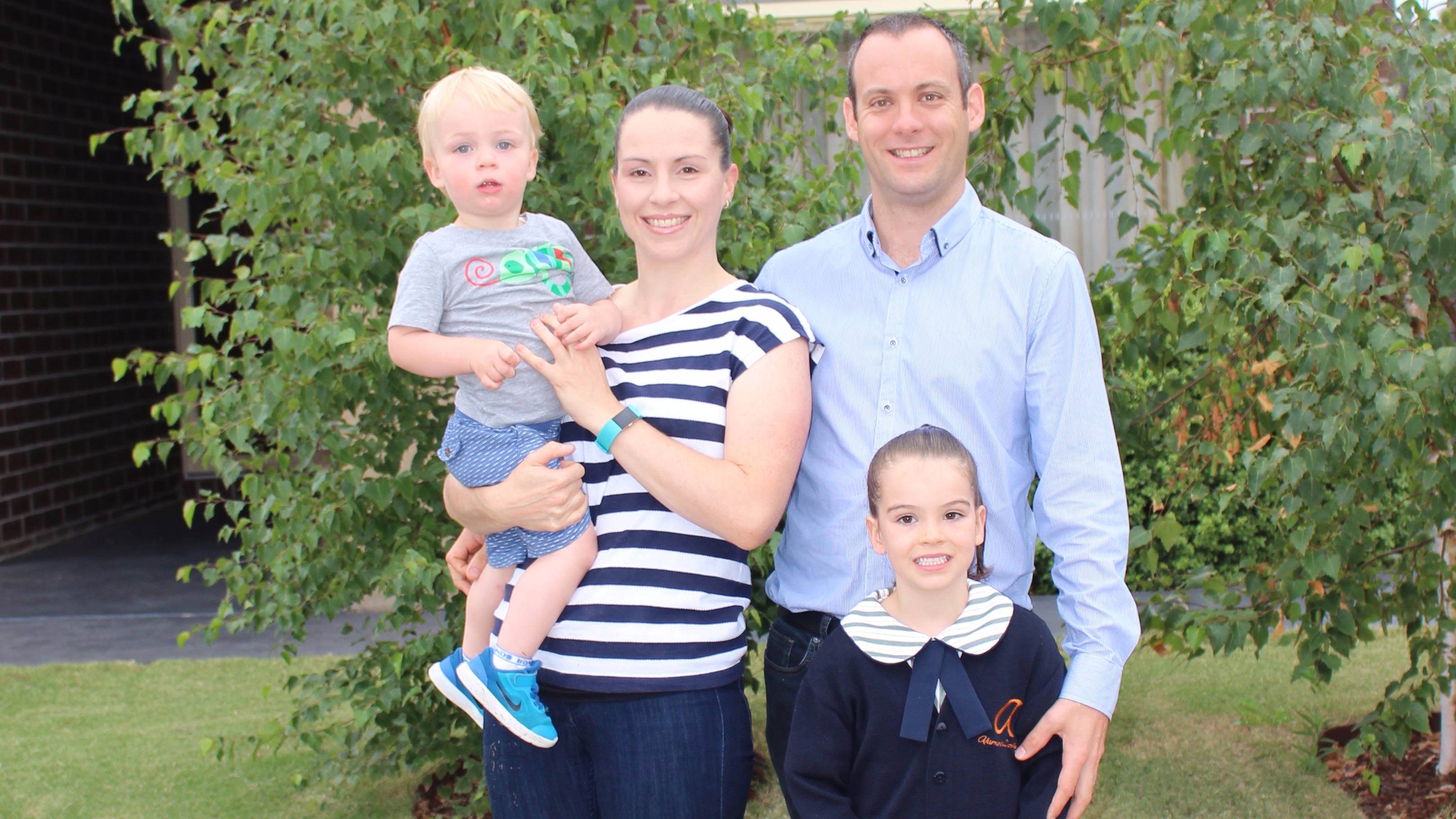What is MND?
WHAT IS MOTOR NEURONE DISEASE?
Nerve cells (neurones) control the muscles that enable us to move, speak, breathe and swallow. Motor neurone disease (MND) is the name given to a group of diseases in which these neurones fail to work normally. Muscles then gradually weaken and waste, as neurones degenerate and die. Also known as Amyotrophic Lateral Sclerosis (ALS), Progressive Muscular Atrophy (PMA), Progressive Bulbar Palsy (PBP) and Primary Lateral Sclerosis (PLS) are all subtypes of motor neurone disease.
Although MND is the widely used generic term in the United Kingdom, Australia and parts of Europe, ALS is used more generically in the United States, Canada and South America.
MND is also known as Lou Gehrig's disease in the US after a famous baseball player who died of the disease.
What are the symptoms?
Early symptoms are mild, and include stumbling due to weakness of the leg muscles, difficulty holding objects due to weakness of the hand muscles, slurring of speech or swallowing difficulties due to weakness of the tongue and throat muscles. In some instances people experience changes in their cognition and behaviour.
The effects of MND - initial symptoms, rate and pattern of progression, and survival time after diagnosis - vary significantly from person to person.
How is MND diagnosed?
Many other conditions can mimic motor neurone disease early in the disease. Diagnosis requires an expert neurological opinion and often a series of detailed investigations. Diagnosis may take some time to be established, although diagnosis may be confirmed rapidly by a neurologist.
The diagnosis can be assisted through a range of tests, including some which eliminate other conditions. Often an Electromyograph (EMG) is used, in which a needle is inserted into various muscles to measure their electrical activity. This can assist with both diagnosis and prognosis.
What remains unaffected?
In most instances the intellect and memory are not affected, nor are the senses of sight, hearing, taste, smell and touch. The bowels and bladder are not affected by the disease, although diet and exercise should be carefully monitored. In the PLS (Primary Lateral Sclerosis) form of MND some people experience urinary urgency.
Is there a cure for MND ?
There is no cure for Motor Neurone Disease (MND), but a medication has been approved in Australia for the treatment of amyotrophic lateral sclerosis (ALS) - the most common form of MND.
What can be done?
People who receive a diagnosis of any serious illness, and those close to them, are very likely to have feelings of shock, anger and despair. This is especially true when people who are fit, well and active, develop very early signs of motor neurone disease (MND).
Support people include family, friends, general practitioners, neurologists, occupational therapists, physiotherapists, speech pathologists, psychologists, dietitians, home care nurses, social workers, palliative care workers, community care services and MND Associations in each state and territory.
The financial burden experienced by families is immense. If the sufferer is the breadwinner then even more so.
Many people turn to crowdfunding to assist their family in their time of need.
A crowdfunding campiagn can be started by a family member, friend, employer or anyone else that wants to help.
In November 2017, David's family got the news their husband, father, son, brother, me at 33 has MND. What do you do with that?
They created a fundraising page for the family - his wife Anna and their kids Emma aged 5 and James who is just 2.
They need to raise money to create as many long lasting memories as they can. For example they would love to experience the typical Queensland family holiday - sun, surf and adventure at Australia Zoo and the theme parks. David has raised over $16,000 so far
Ian Davis has turned to crowdfunding to help pay for funeral costs and to assist his family with a future without him. After years of fundraising to find a Cure for MND Ian has requetsed that his friends and family now help his family personally with donations. He raised over $76,000 in one day.
